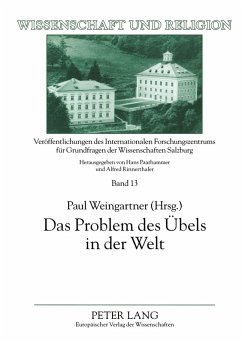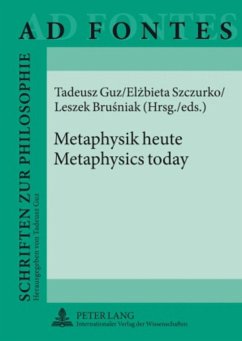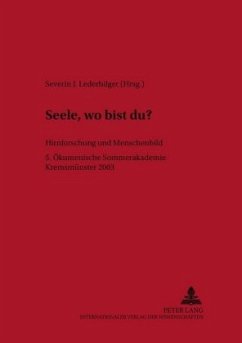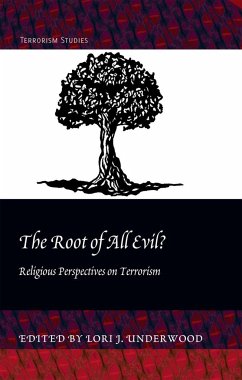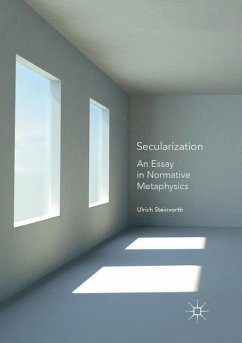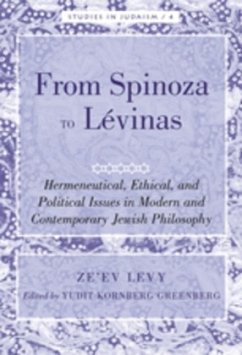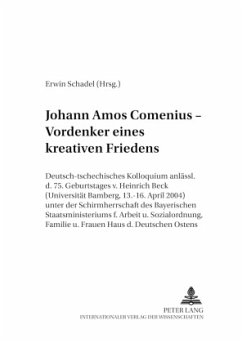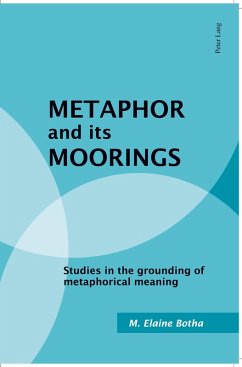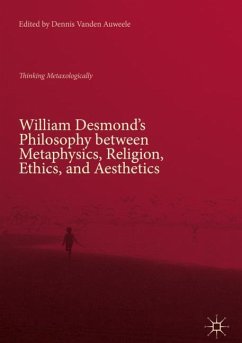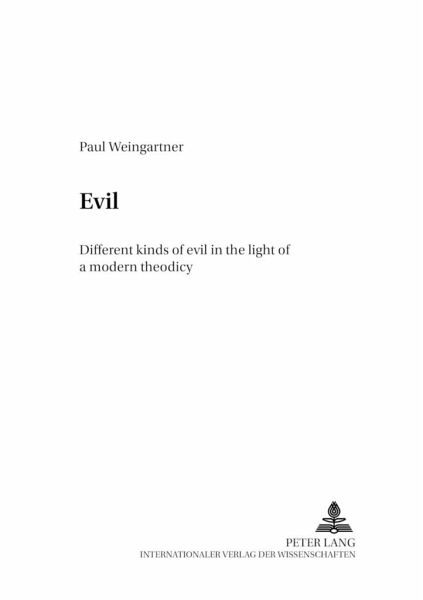
Evil
Different kinds of evil in the light of a modern theodicy
Versandkostenfrei!
Versandfertig in 6-10 Tagen
64,80 €
inkl. MwSt.

PAYBACK Punkte
0 °P sammeln!
This book is a logical and philosophical analysis of the problem of evil in the light of a modern theodicy. Definitions are given for several kinds of evil like «basic evil», «necessary evil», «legitimate evil», «illegitimate evil», «moral evil». Many evils are contingent and avoidable since a global determinism is untenable. A special explanation is given for the fact: How evil accompanies the good. Can evil be desired at all? Omnipotence is acceptable, allwillingness is refutable. To the main question of theodicy three explanations are offered and it is shown that the attacks again...
This book is a logical and philosophical analysis of the problem of evil in the light of a modern theodicy. Definitions are given for several kinds of evil like «basic evil», «necessary evil», «legitimate evil», «illegitimate evil», «moral evil». Many evils are contingent and avoidable since a global determinism is untenable. A special explanation is given for the fact: How evil accompanies the good. Can evil be desired at all? Omnipotence is acceptable, allwillingness is refutable.
To the main question of theodicy three explanations are offered and it is shown that the attacks against theism with the help of the existence of evil, like Hume's and other arguments are either logical fallacies or use false or very problematic premises.
The appendix shows that there are consistent theories with the theses: God is omniscient and omnipotent, whatever God wills is good, there are different evils including moral evil.
To the main question of theodicy three explanations are offered and it is shown that the attacks against theism with the help of the existence of evil, like Hume's and other arguments are either logical fallacies or use false or very problematic premises.
The appendix shows that there are consistent theories with the theses: God is omniscient and omnipotent, whatever God wills is good, there are different evils including moral evil.





